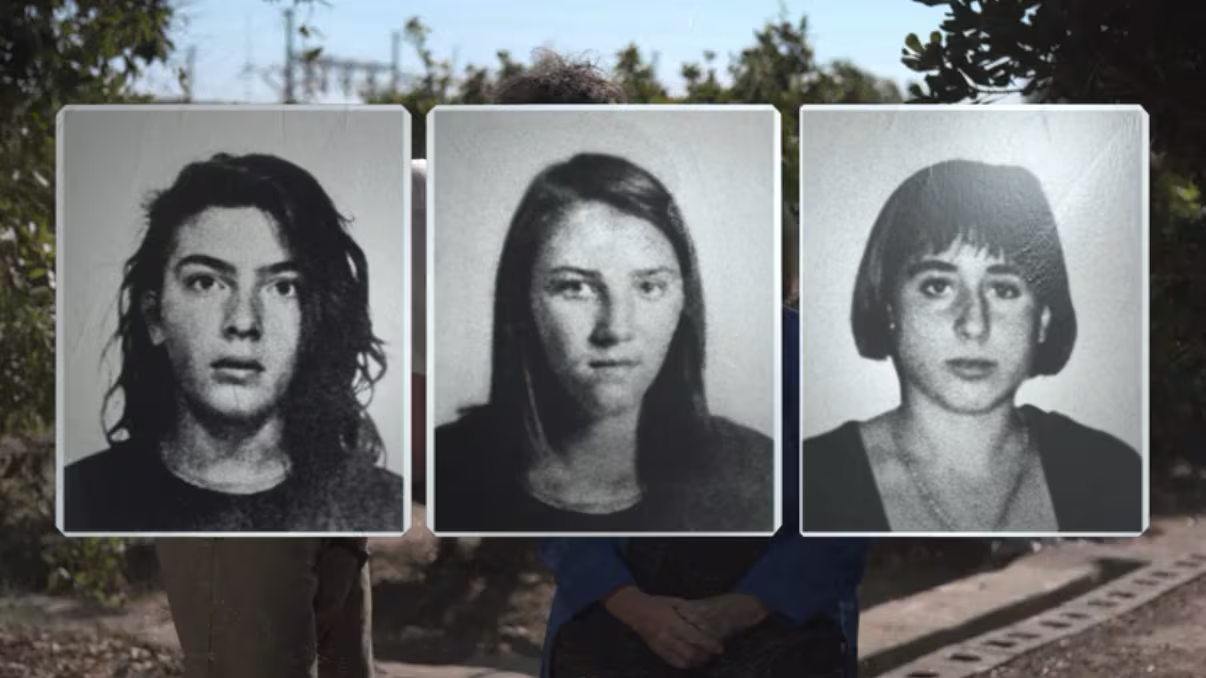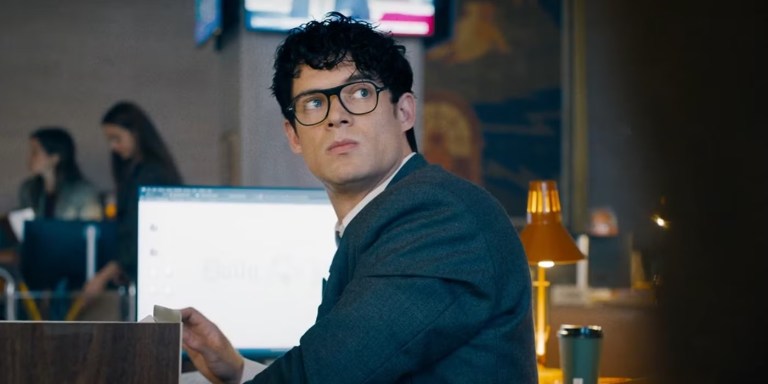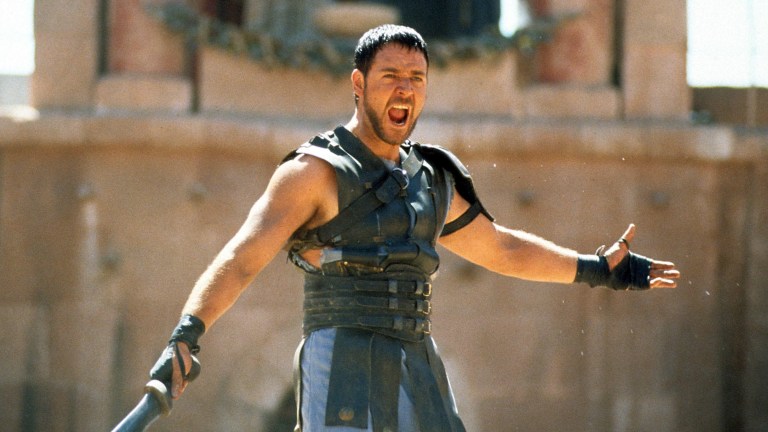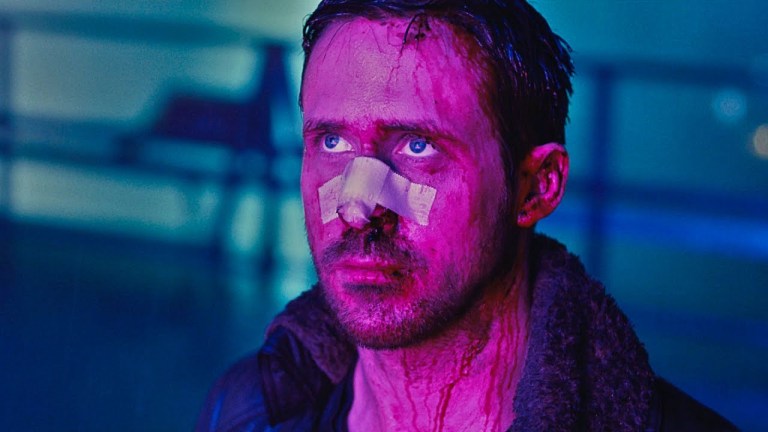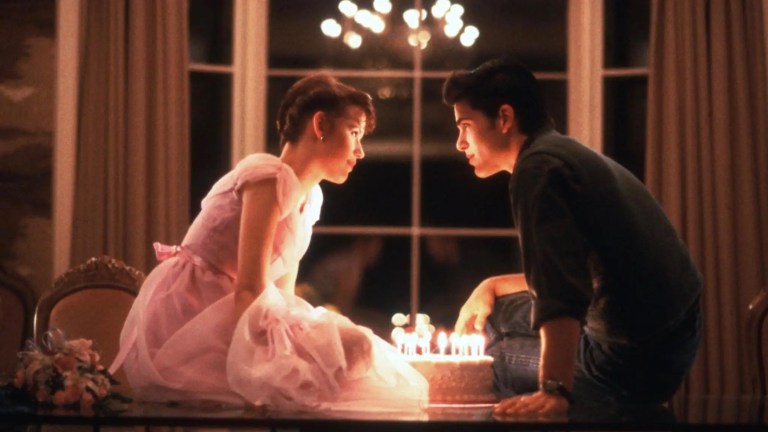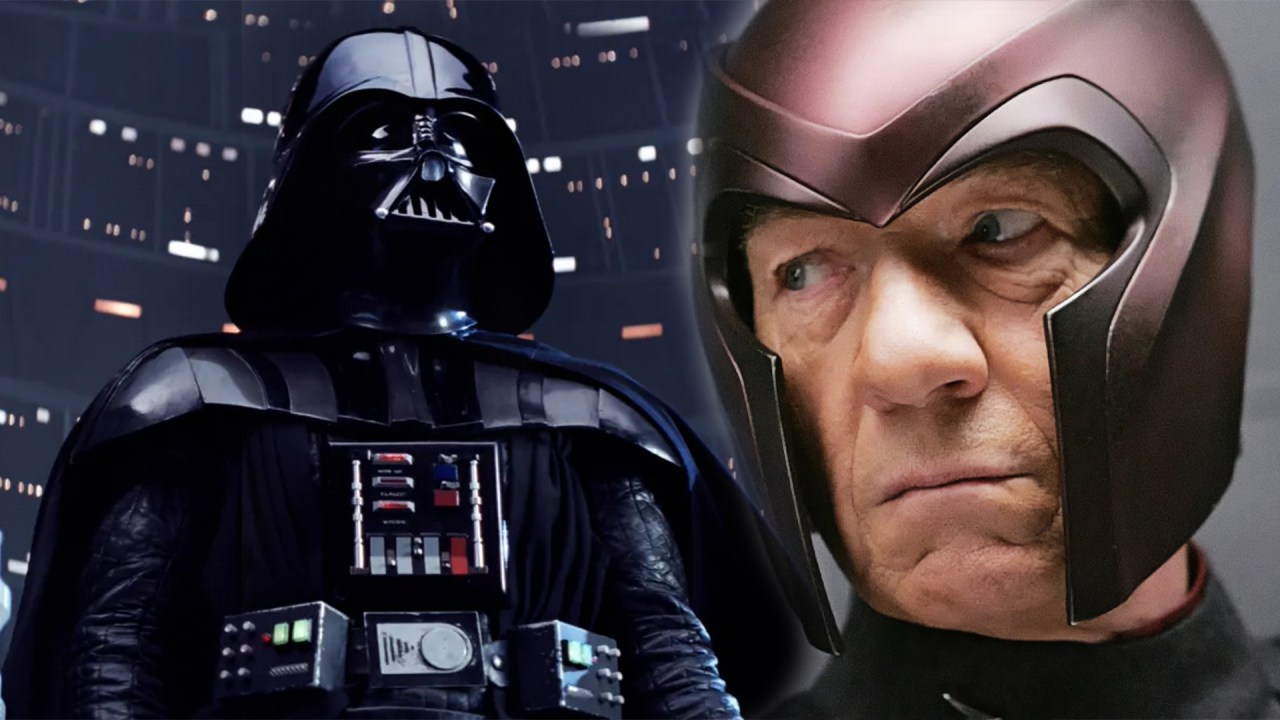
From Darth Vader To Magneto: The 4 Most Misunderstood Villains Of All Time
Most stories that follow the classic good vs. evil trope feature a gallant hero who ultimately saves the day.
There is no shortage of this type of character. From Superman to Buffy Summers, they all make sacrifices for the greater good. But the secret to a really good story often lies with the bad guys who are plagued by a thirst for power or driven by revenge. However, upon closer examination, most of them didn’t choose a dark path just for the sake of it.
Instead, they are a victim of circumstance or simply misunderstood. More often than not, it’s their initial attempt at doing what they believe is right that goes terribly wrong. And before they realize the error of their ways, they have strayed so far down the wrong path that going back becomes impossible. While some manage to scrape together a redemption arc, it often comes at a very high personal cost. These are the antagonists that are totally misunderstood.
Darth Vader: The Jedi Who Became a Monster
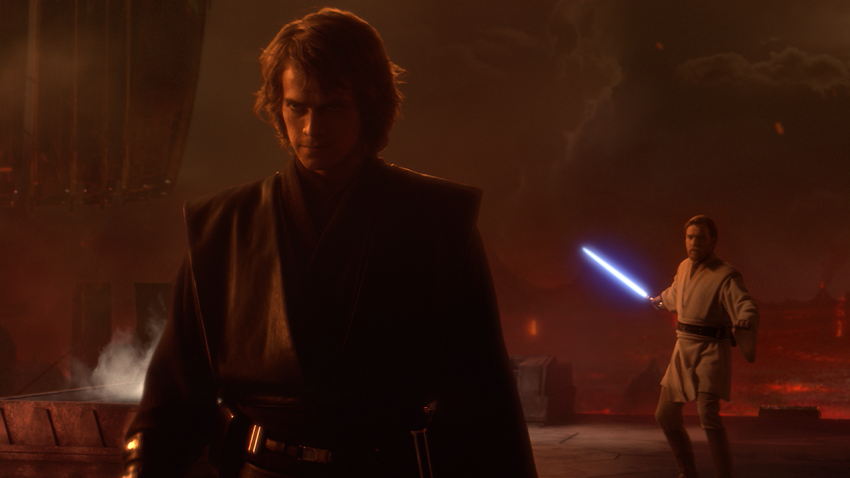
Anakin Skywalker was never meant to be a villain. Born into slavery on Tatooine, he spent his childhood dreaming of a better life where he and his mother were free. His natural gift with the Force caught the attention of Jedi Master Qui-Gon Jinn, and soon, he was trained by Obi-Wan Kenobi. But Anakin never fit the Jedi mold. He was passionate, impulsive, and ruled by emotion in a way the Jedi Order discouraged. He wanted to do good, but he wanted to do it his way. As a result, the cracks started early. His mother’s brutal death at the hands of the Tusken Raiders awakened a rage in him that he couldn’t control. So he slaughtered them all.
It was the first real glimpse of the darkness inside him. Then came Padmé, who was everything to him. When he began having visions of her dying, he became desperate. The Jedi told him to let go, but Palpatine offered a way to save her. That was all Anakin needed to hear. He didn’t turn to the Dark Side out of malice. He did it because he thought he was protecting the person he loved most. By the time he realized the cost, it was too late. Padmé was dead, his body was broken, and Anakin Skywalker was gone. All that remained was Darth Vader, a monster forged in pain and regret, too far gone to turn back–until his son gave him one last chance.
Walter White: The Man Who Became Heisenberg
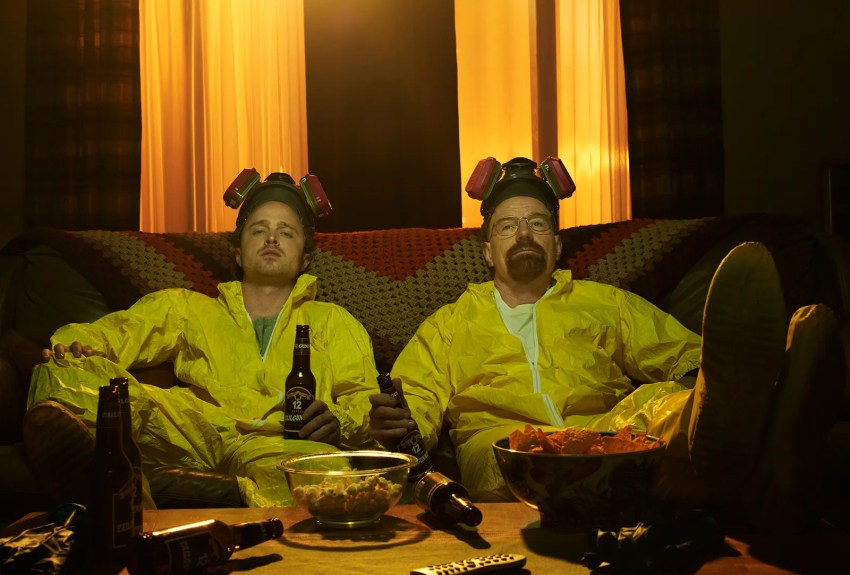
Walter White was the kind of man no one noticed who worked as a high school chemistry teacher, struggling to make ends meet. He was a brilliant but underappreciated man whose potential had been wasted. When he was diagnosed with terminal cancer, something inside him snapped. He was tired of feeling powerless and decided to cook meth to provide for his family so that they would be okay after he was gone. But it didn’t take long for his reasons to change. His first truly evil act came when he and his partner Jesse Pinkman got on the wrong side of a dealer named Krazy-8. Walter didn’t want to kill him, but when he realized letting him go would put his family at risk, he made the call.
That moment changed everything. It wasn’t just about survival anymore, it was about control. He started making decisions not because he had to, but because he wanted to. Every line he crossed became easier than the last. Most tragically, his partnership with Jesse went from necessity to manipulation. He poisoned a child, let Jane die, and orchestrated several deaths with calculated precision. By the time he told his wife that, “I did it for me. I liked it,” there was no Walter White left, only Heisenberg. But that was never part of the original plan. So, in the end, Walter left the remaining drug money to his children and went on a mission to save Jesse, which resulted in his death.
Johnny Lawrence: The Bully Who Wasn’t Really A Villain
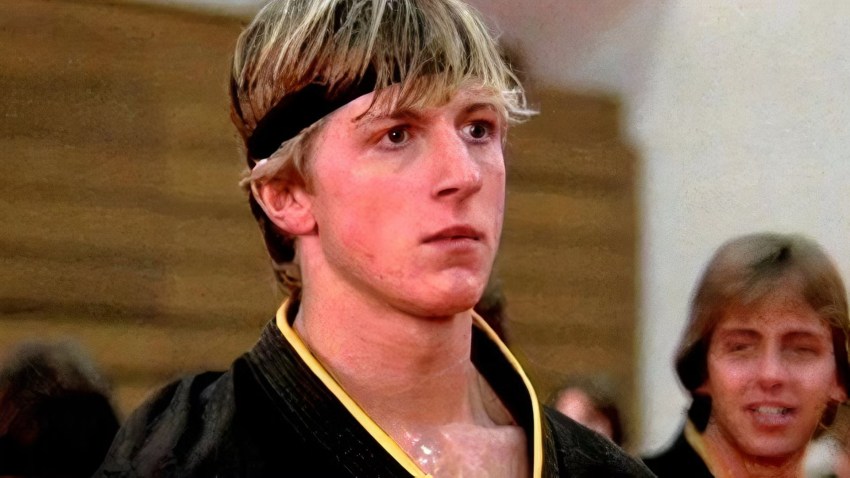
In The Karate Kid, Johnny Lawrence was every ’80s high school movie stereotype: Rich, good-looking, confident, and ruthless. He made Daniel LaRusso’s life miserable, and when he lost the All-Valley Tournament, it felt like justice. But Johnny’s story didn’t end there. Cobra Kai shows us that Johnny wasn’t the real villain, he was just another victim. Raised by a cruel stepfather who belittled him at every turn, Johnny found an escape in karate. Under John Kreese’s guidance, he learned discipline, strength, and control. But he also learned the wrong lessons.
Kreese taught him that mercy was weakness and that striking first was the only way to survive. Johnny followed those teachings because he had to. That’s why losing to Daniel wasn’t just a tournament loss, it shattered his entire sense of self. So it made sense that, decades later, Johnny was drinking his way through life. But when he reopened Cobra Kai, he saw a chance to do things differently. His journey wasn’t easy. He made mistakes and struggled to break free from the toxic mindset that was drilled into him. Eventually, Johnny proved something most villains don’t get to: It’s never too late to change.
Magneto: The Revolutionary Who Wouldn’t Kneel
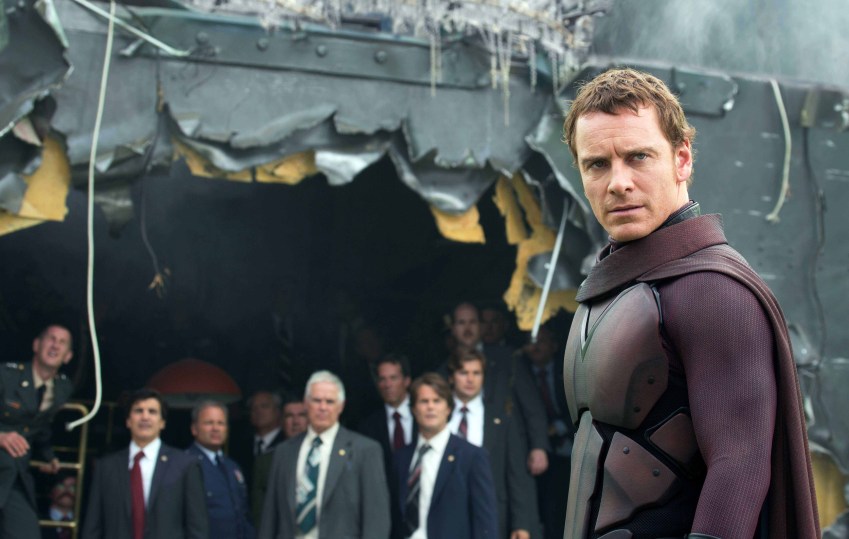
Before he became a powerful mutant, Magneto was just Erik Lehnsherr, a child who had his family torn from him in Nazi-occupied Poland. He was sent to Auschwitz, where he saw firsthand what happens when people decide an entire group is unworthy of life. The horror of it shaped and hardened him. When he discovered his mutant abilities, the world feared him all over again. For Erik, history was doomed to repeat itself. Where Charles Xavier believed in peace, Erik believed that peace was only an illusion that could be shattered the moment humans felt threatened.
Erik had seen what happened when people in power decided someone was less than and he would not let mutants suffer the same fate. That belief turned him into a revolutionary whose cause demanded blood. He saw violence as a necessary preemptive strike to ensure mutants survived. While Charles saw a friend who had lost his way, Erik saw himself as the only one willing to do what had to be done. His methods were extreme, but his reasoning was heartbreakingly understandable. Magneto became a villain because he refused to believe in humanity’s capacity for change. But in his most vulnerable moments, he wanted to believe that he could’ve perhaps been something else.
